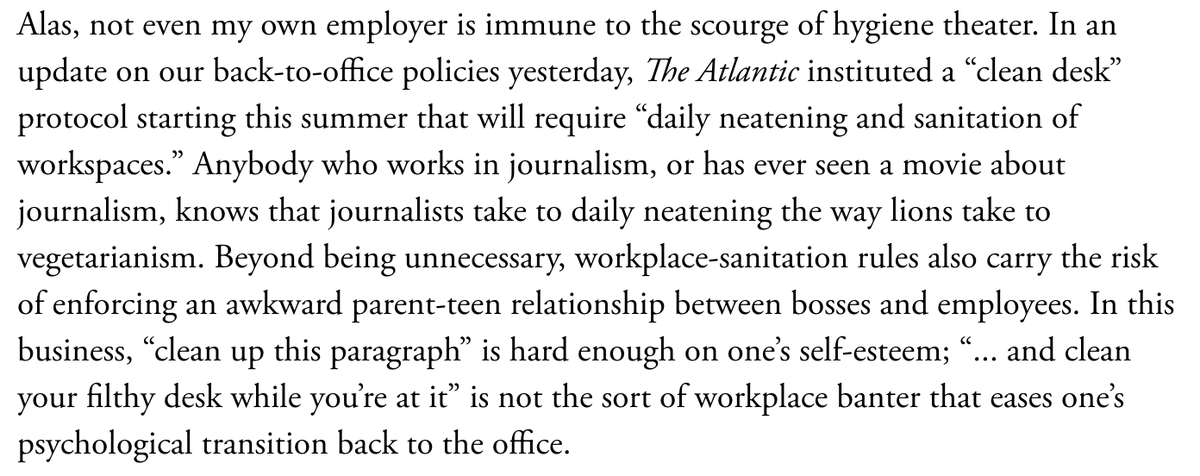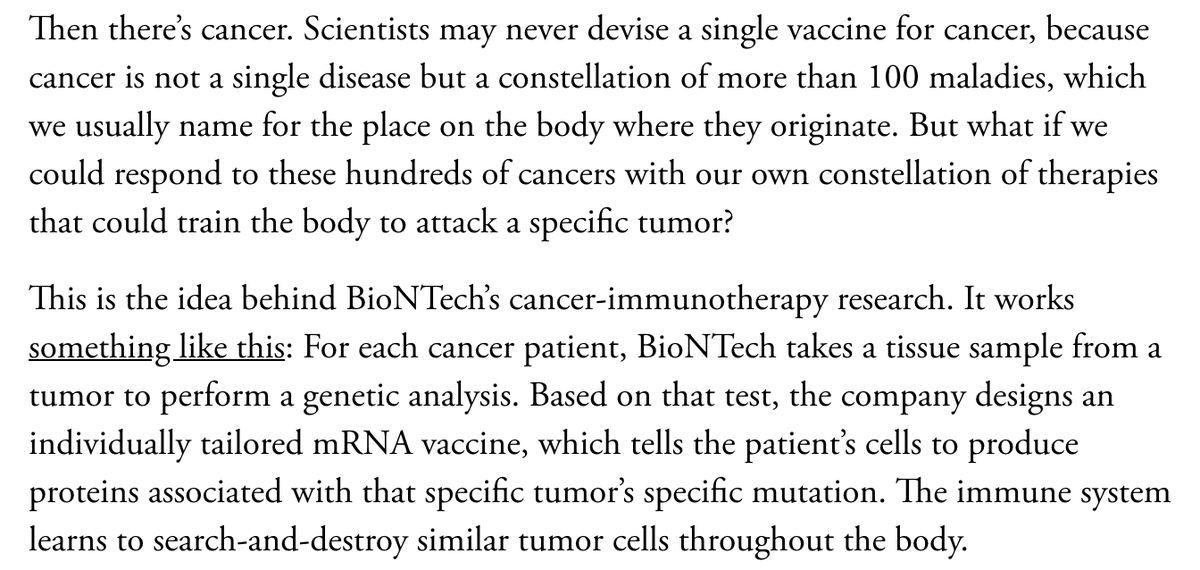
Some math and metaphors.
This CDC report finds that documented post-vaccine infections are a 1-in-11,000 event.
What's that like?
Well, the odds that an average 20something driving 17 miles gets into a car accident is ... 1-in-11,000.
This CDC report finds that documented post-vaccine infections are a 1-in-11,000 event.
What's that like?
Well, the odds that an average 20something driving 17 miles gets into a car accident is ... 1-in-11,000.
https://twitter.com/DKThomp/status/1382688940579287051
To be fair, CDC is only reporting documented breakthroughs. There are probably more asymptomatics that aren't reported. Let's say actual breakthrough rate is 250x higher.
Well, those are the odds that a 20something driving 17 miles *every weekday* gets into an accident this year
Well, those are the odds that a 20something driving 17 miles *every weekday* gets into an accident this year
You can check my math here
aaafoundation.org/rates-motor-ve…
I DM'd with a university mathematician before tweeting to make sure the math was rightish. He points out rightly that drives and immune systems are pretty heterogenous, so this is apples/oranges. But the point stands.
aaafoundation.org/rates-motor-ve…
I DM'd with a university mathematician before tweeting to make sure the math was rightish. He points out rightly that drives and immune systems are pretty heterogenous, so this is apples/oranges. But the point stands.
The point is that our current understanding of vaccine effectiveness shows that the vaccines turn the pandemic into the sort of everyday risk that we live with, all the time, in many different aspects of life. I wish that were foregrounded in more reporting.
• • •
Missing some Tweet in this thread? You can try to
force a refresh








